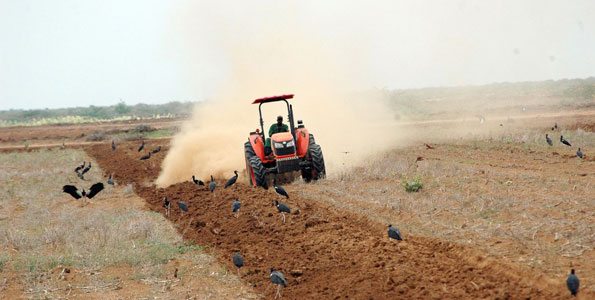The government has slashed the cost of the Galana irrigation scheme by half to Sh7.2 billion from initial budget of Sh14 billion.
This is after the inter-ministerial task force reviewed the Galana contract and phased out non-essential components including the construction of a huge milling plant.
Speaking in Nairobi, Agriculture CS Eugene Wamalwa said construction of the plant has been moved to consequent phases to be done by private sector players.
Wamalwa said the government being a non-commercial entity saw it best to leave the milling business to private investors.
“The milling component coupled with its operation and maintenance go up to Sh6.5 billion, this can best be left to private sector to do. However, to avoid a situation where we produce food which goes to waste we will have drying and storage component,” he said.
Elsewhere, parliament Agriculture Committee said it had endorsed the new roadmap set to deliver the 10, 000-acre model farm at Sh6.8 billion less.
Committee chair Mohammed Noor said the mega project now makes economic sense after non-essential components were phased out.
“The committee has confidence in the progress made so far and believes it offers Kenyans value for money,” he said.
The government has secured Sh6.4 billion soft loan from Israel with an additional Sh3.5 billion grant to be used in capacity building where 100 students will be flown to Israel each year for six years of training.
“This partnership with the government of Israel enables us complete this project without requesting additional funding from the exchequer,” said Wamalwa.
He exuded confidence the government will deliver the model farm by September this year and bring the cost of flour to Sh84 down from the current average of Sh120.
He said the country realised 8,000 bags of maize from the test run on 500 acres planted, dismissing claims that only 10 bags were harvested.
Thirteen varieties of maize were planted, some yielding 10 bags an acre while others yielded as high as 39 bags per acre.
The National Irrigation Board says once completed the Galana project would see 500,000 acres of land put to maize production, 200,000 acres to sugar cane, 150,000 acres to beef and game animals, 50,000 acres to horticulture, 50,000 acres to dairy animals while a further 50,000 acres will be dedicated to growing fruits such as mangoes and guavas.









